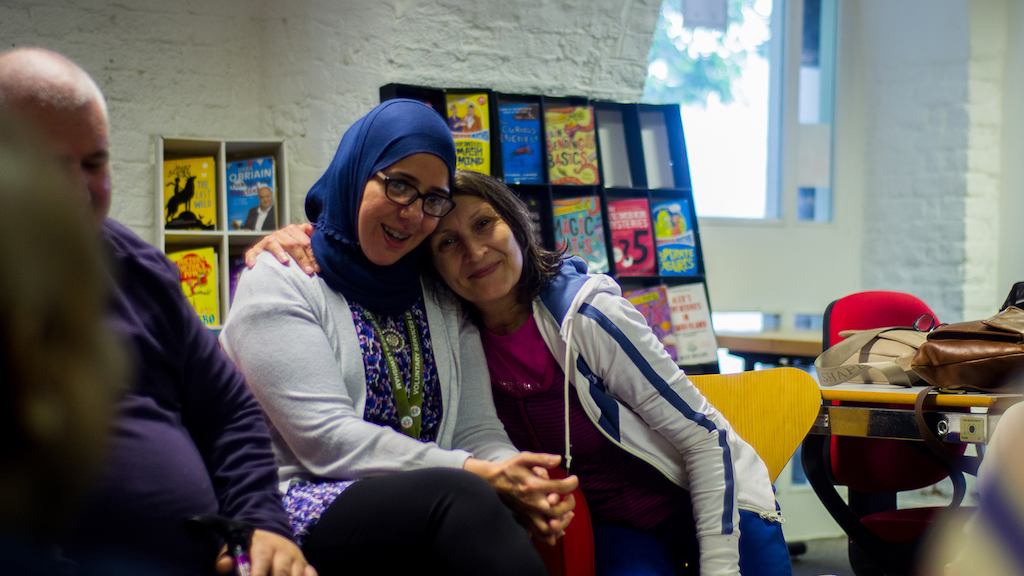When it comes to building social connections, places where people can meet and connect with each other are vital. Physical places, such as libraries (a little-known nugget of information about these quiet spaces: nationally each year they receive more visits than people going to Premier League football games, the cinema AND the top UK attractions combined!) and also digital spaces, if used effectively, can be a beneficial space in which these essential human connections can be made.
Andrea Ellison noted that the number of events and activities libraries host over the course of the year provide safe spaces that facilitate people meeting each other face-to-face. A digital space – the internet – can be used as a tool to keep people connected: regular emails or messages to people who are some distance away from you is still beneficial if that’s the sort of connection you want.

